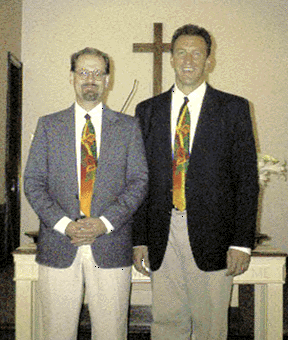Opinions regarding: Protoevangelium of James:
- Aquinas: “apocryphal ravings” (Summa Theologia, Third Part, Question 35, Article 9, Reply to Objection 3)(source)
- Jan Wakelin, Director of Radio for Catholic Answers, in response to the question “How do we know that the Protoevangelium of James is credible?”: “We don’t.” (source)
- [Pseudo?]-Pope Gelasius I, bishop of Rome 492—496, lists it among “The remaining writings which have been compiled or been recognised by heretics or schismatics the Catholic and Apostolic Roman Church does not in any way receive; of these we have thought it right to cite below a few which have been handed down and which are to be avoided by catholics:” – Gelasian Decree, Chapter 5 (source)(attesting authenticity of chapter 5)(negative review)
By way of contrast, it is used as authority on the following topics by Roman Catholic apologists and authors:
- Was Mary a Perpetual Virgin? By Christine Pinheiro, “This Rock,” Volume 16, Number 10, December 2005 (source)
- Mary: Ever Virgin, “This Rock,”Volume 13, Number 2, February 2002 (source)
- St. Anne, in the “Quick Answers” section of two issues of volume 17 of “This Rock” (source)
- Joseph’s children by a prior marriage, “This Rock,” Volume 13, Number 10, December 2002 (source)
- How to Explain the Perpetual Virginity of Mary, by Jason Evert, “This Rock,” Volume 11, Number 7-8, July 2000 (source)
And frankly, we could go on and on. I’ve picked on the Catholic Answers team because they are one of the more well-known groups.
Why would Roman Catholic authors use apocryphal ravings whose credibility they cannot confirm and which works have been condemned (apparently) by a pope of their church? There are two obvious explanations: (1) many Roman Catholic apologists have only a passing knowledge of history and the fathers, and (2) some Roman Catholic apologists simply don’t care: if it seems to support Rome’s position, it is used. In some cases, there is a third reason, which is that it is heretical works like the Protoevangelium of James from which, as an historical matter, were the true sources of the Roman Catholic doctrines and beliefs.
-TurretinFan



